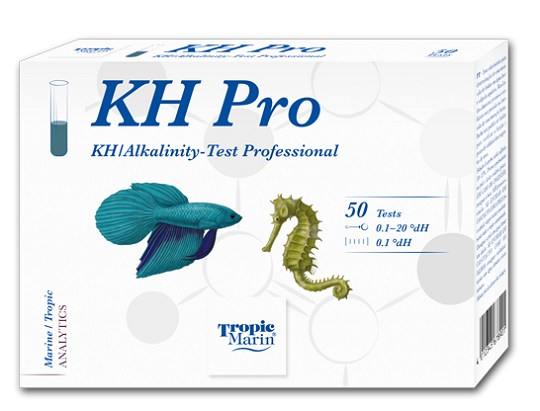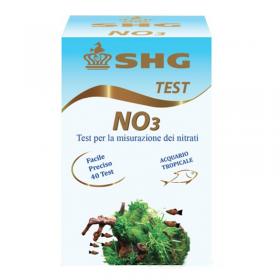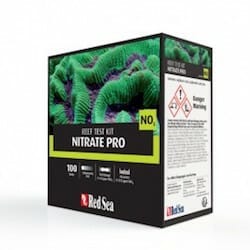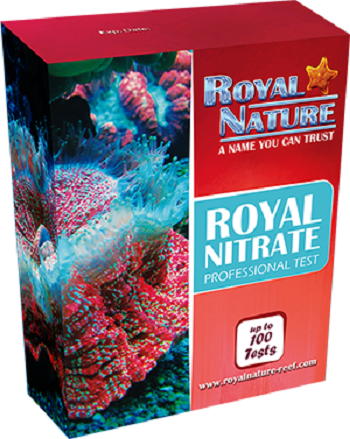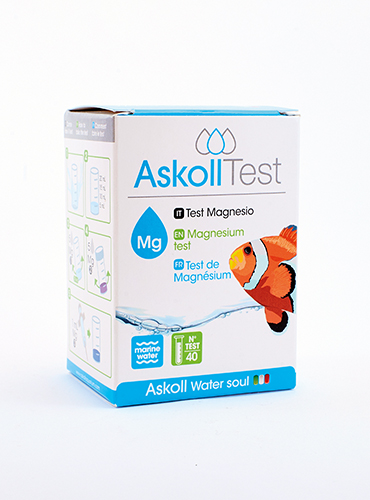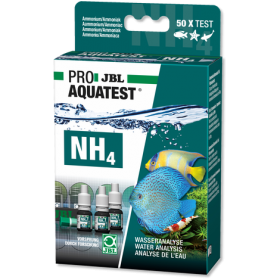KH PRO – Professional Test for Carbonate Hardness (Alkalinity) Measurement in Aquariums
Carbonate hardness (KH), also known as alkalinity, is a fundamental measure of water’s buffering capacity—the ability to maintain a stable pH level. This parameter is primarily determined by bicarbonate ions, but at higher pH values other basic ions like hydroxide also contribute to alkalinity.
Regular monitoring of alkalinity is essential in all aquariums: too low alkalinity can cause dangerous pH drops harmful to fish and invertebrates. In reef aquariums, adequate alkalinity ensures vigorous coral growth, while excessive alkalinity may lead to calcium carbonate precipitation and hinder coral development.
Technical note:
In aquarium practice, carbonate hardness and alkalinity are often used interchangeably despite distinct chemical definitions.
Typical values:
KH PRO is a professional alkalinity test kit with high resolution up to 0.1 °dH. The clear color change from turquoise blue to pink allows easy and reliable measurement. The kit includes a conversion table for other units like milliequivalents per liter and mmol/l.
Main features:
-
Accurate measurement of carbonate hardness (alkalinity)
-
Resolution up to 0.1 °dH
-
Easily recognizable color change from turquoise to pink
-
Includes conversion table for alternative units
-
Essential for pH control and chemical stability
-
Suitable for marine, freshwater, and reef aquariums
Why choose KH PRO:
KH PRO is the ideal tool to monitor alkalinity precisely and simply, crucial for maintaining optimal aquarium conditions and preventing pH instability issues. With high accuracy and ease of use, it suits both experienced aquarists and professionals.



 English
English  Italiano
Italiano 
